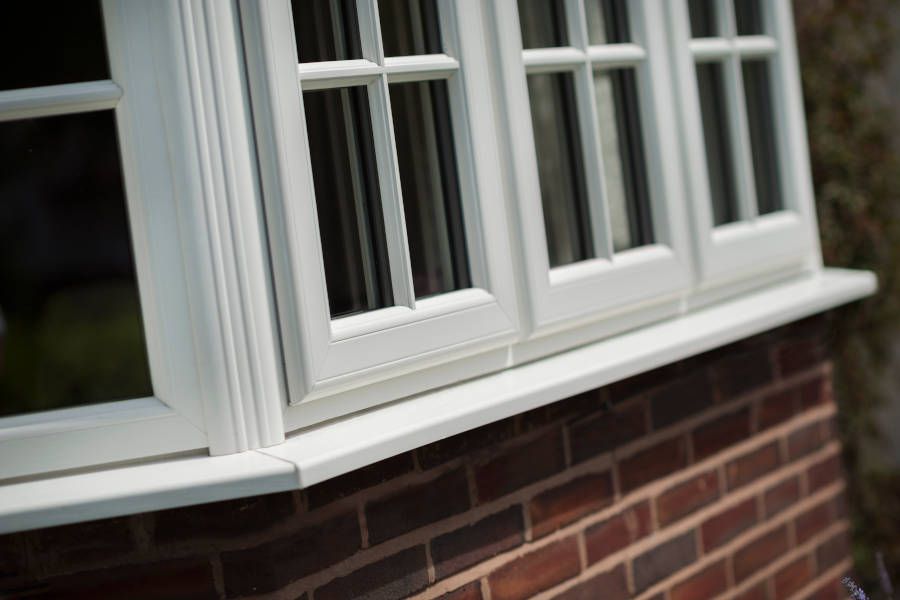Condensation on windows is a common occurrence that can cause frustration and concern for many homeowners. If you have noticed your double-glazed windows becoming covered in condensation, you may be wondering what causes it and how to prevent it.
Condensation is the process by which water vapor in the air transforms into liquid droplets when it comes into contact with a cold surface. It occurs when the temperature of the surface is lower than the dew point of the surrounding air. Dew point refers to the temperature at which the air becomes saturated and can no longer hold all the moisture it contains.
Why Condensation Occurs on Windows:
Condensation commonly forms on windows due to temperature differences between the interior and exterior of your home. During colder months, warm, moist air inside the house comes into contact with the cold glass surface of the window. This causes the moisture in the air to condense into droplets on the glass.
Benefits of Double-Glazed Windows:
Double glazed windows consist of two panes of glass with a gap between them, which is typically filled with an insulating gas like argon. This construction significantly reduces heat transfer and helps to maintain a more consistent temperature inside the house. As a result, the outer pane of a double-glazed window remains closer to room temperature, making it less likely for condensation to form on the glass surface.
Preventing Condensation on Double Glazed Windows:
Although double glazed windows are designed to minimise condensation, certain factors can still contribute to its occurrence. Here are some preventive measures you can take:
- Ventilate your home: Proper airflow is crucial in reducing moisture build-up. Ensure adequate ventilation by using extractor fans in bathrooms and kitchens and opening windows regularly to let fresh air circulate.
- Control humidity levels: Use a dehumidifier or air conditioner to maintain an optimal humidity level, generally between 30% and 50%. This helps to reduce the amount of moisture in the air.
- Manage moisture sources: Be mindful of activities that generate moisture, such as cooking, showering, or drying clothes indoors. Use lids while cooking, open windows during showers, and utilise a clothes dryer vented to the outside.
- Insulate windows: Consider using thermal curtains or blinds to provide an additional barrier against heat loss and condensation.
If you have followed these preventive measures and still experience excessive condensation on your double-glazed windows, our team of experts at Mr Window is here to help. With their knowledge and experience, they can assess the situation, identify potential underlying causes, and provide tailored solutions to address your condensation concerns.





